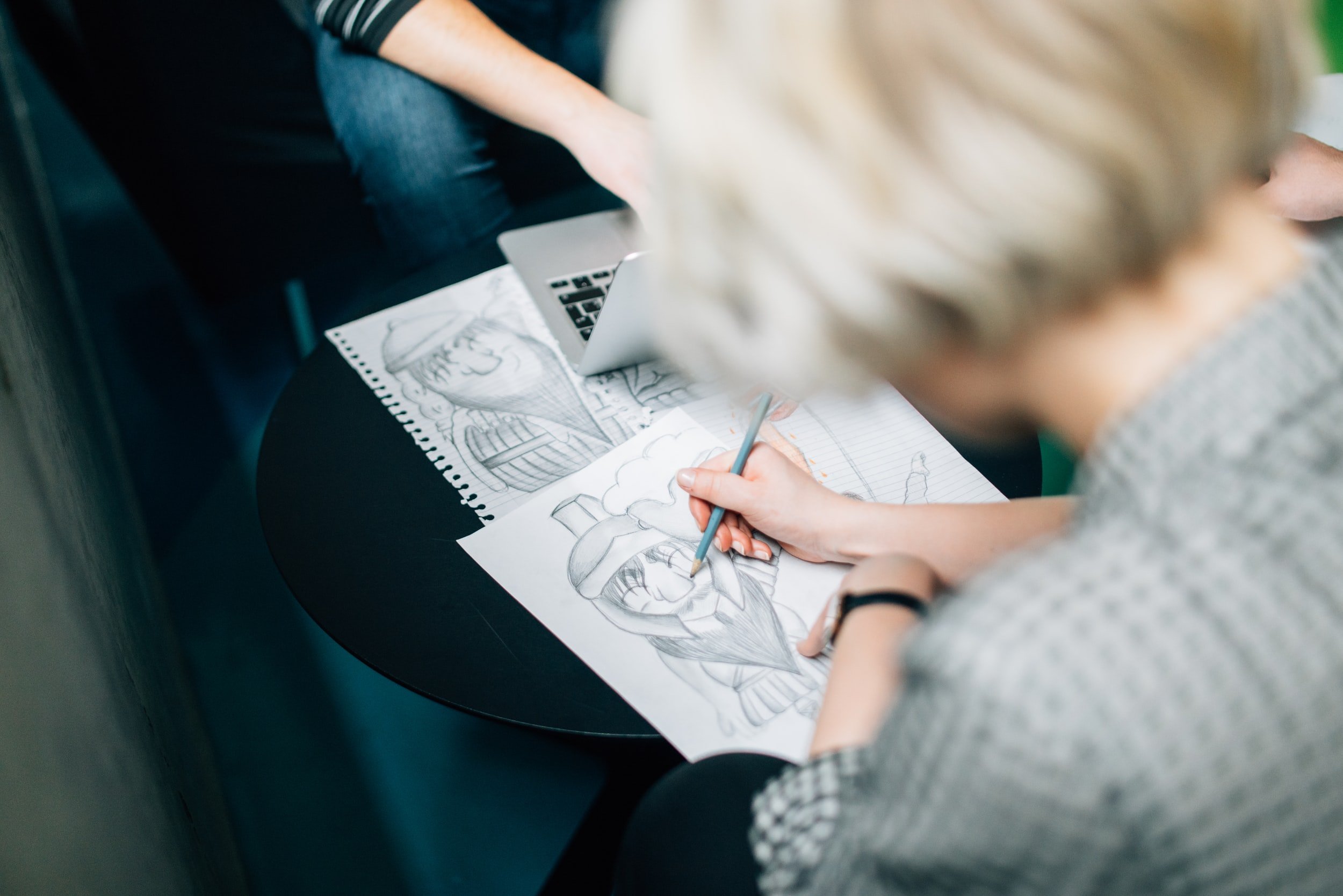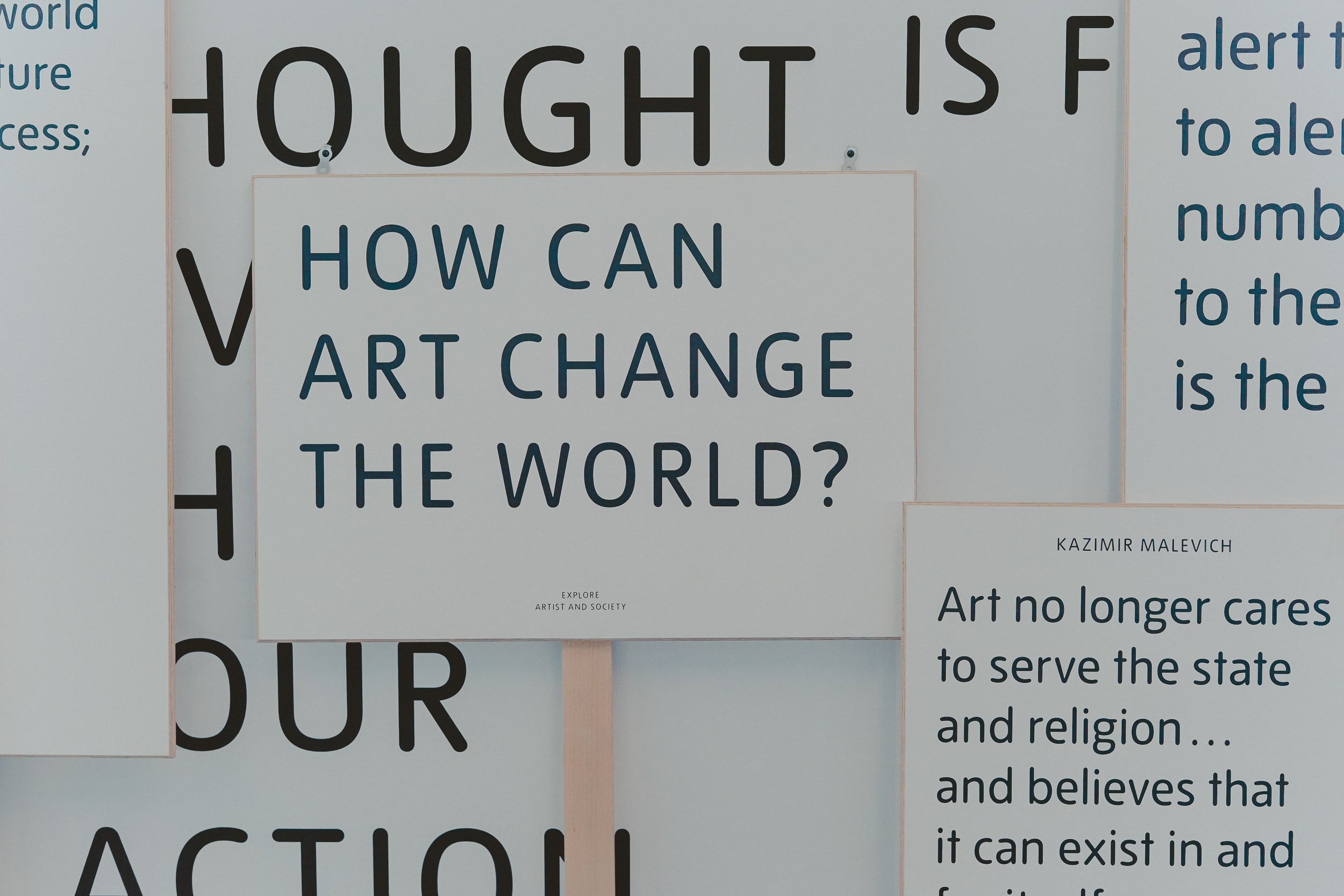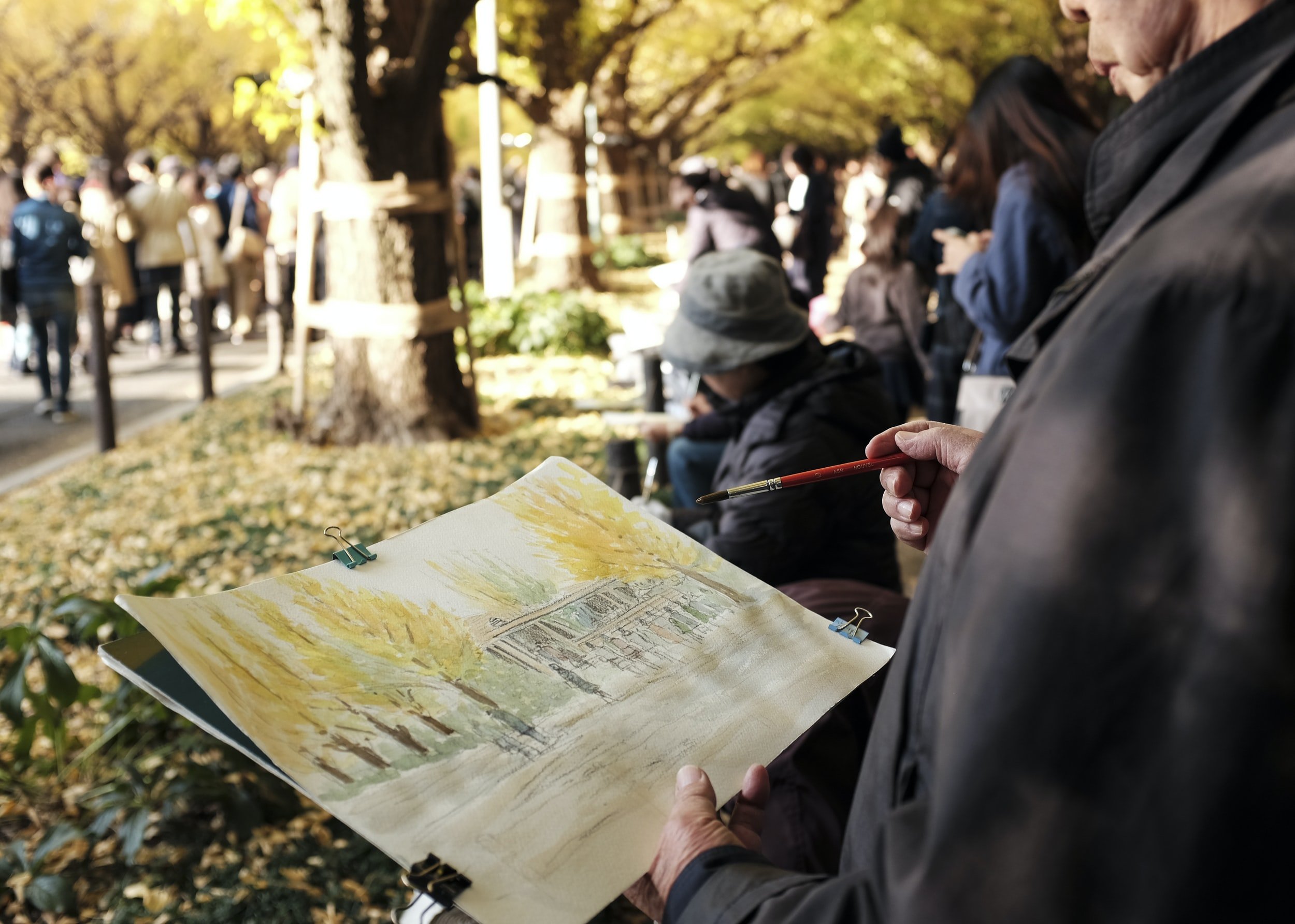How do you know if abstract art is good?
There are a lot of misconceptions about abstract art, one of the most common is thinking there is some secret rule to understanding it. There isn't. Abstract art is like any other art; some are good, and some are not great.
Let's use music as an example. When you hear a piece of music that you love, how do you know? Do you worry about knowing if it has all the proper elements? Do you analyze the melody or the rhythm? Maybe, but likely not. You know the music you love because it moves you in a particular way; you know it's good because you feel it.
So, why can't we judge abstract art from that same headspace? I think it's because of the differences in the ways society has marketed and positioned art as "not for everyone," either by way of knowledge or money.
After all, we don't have visual museums dedicated to music like we do modern art. We don't write op-ed pieces about music with million-dollar price tags. We never see stadiums full of thousands of people who paid to see a piece of abstract art. Instead, visual art appreciation is usually touted as exclusive and privileged, not for millions to enjoy, but only for those "in the know."
However, just like music, you can have one short interaction with a piece of abstract art and "just know" whether you love it or hate it. But why? It's because, like great musicians who understand the elements of great music, skilled abstract artists use the visual components of art-making to attract and move the viewer. It's not complex. If a piece of art resonates with you, there is a reason—likely because it's not just lovely to look at but technically excellent, like great music.
The hardest thing for most people to wrap their brains around is that personal taste is enough. We need to trust that liking a piece of art is a substantial reason to call it "good." And being attracted to a work of art is enough to invest in the purchase. That's the secret; accepting that your judgment is ENOUGH, without needing to explain its visual elements or prove its worth.
When a song comes on the radio, you turn it up and announce, "oh, I love this song so much!" You trust your judgment and even share it proudly.
You can do the same thing with abstract art.
Be proud of what art turns you on, and don't be afraid to turn it up and share it. There is no mystery; most art that moves you is because it's good, period.






